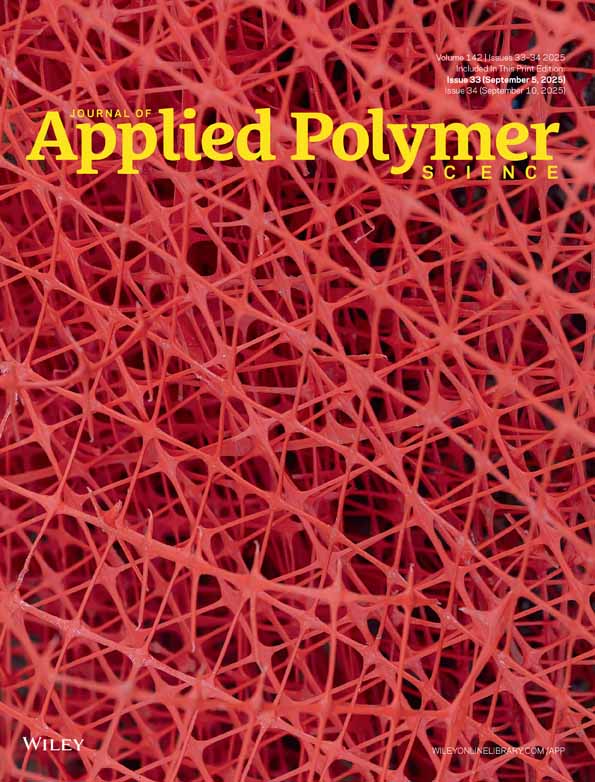Preliminary studies on the use of modified ALCELL lignin as a coupling agent in the biofiber composites
Abstract
ALCELL lignin has been employed as a coupling agent in empty fruit bunch fiber (EFBF)–polypropylene (PP) composites. The lignin has been chemically modified with toluene diisocyanate (TDI) to various weight loadings. The evidence of the reaction between TDI and lignin has been observed by using Fourier transform infrared (FTIR) analysis. The effect of lignin as a coupling agent on mechanical properties has been studied. The results show that the TDI-modified lignin is able to impart greater compatibility between EFBF and PP. This is reflected in the greater mechanical properties shown by the composites with TDI-modified lignin than in those with the unmodified lignin. Scanning electron microscopy (SEM) studies showed that TDI modification of lignin resulted in a better blending and compatibility between lignin and PP matrix. The glass-transition temperature of the lignin increases as the WPG is increased. © 2001 John Wiley & Sons, Inc. J Appl Polym Sci 81: 1333–1340, 2001




